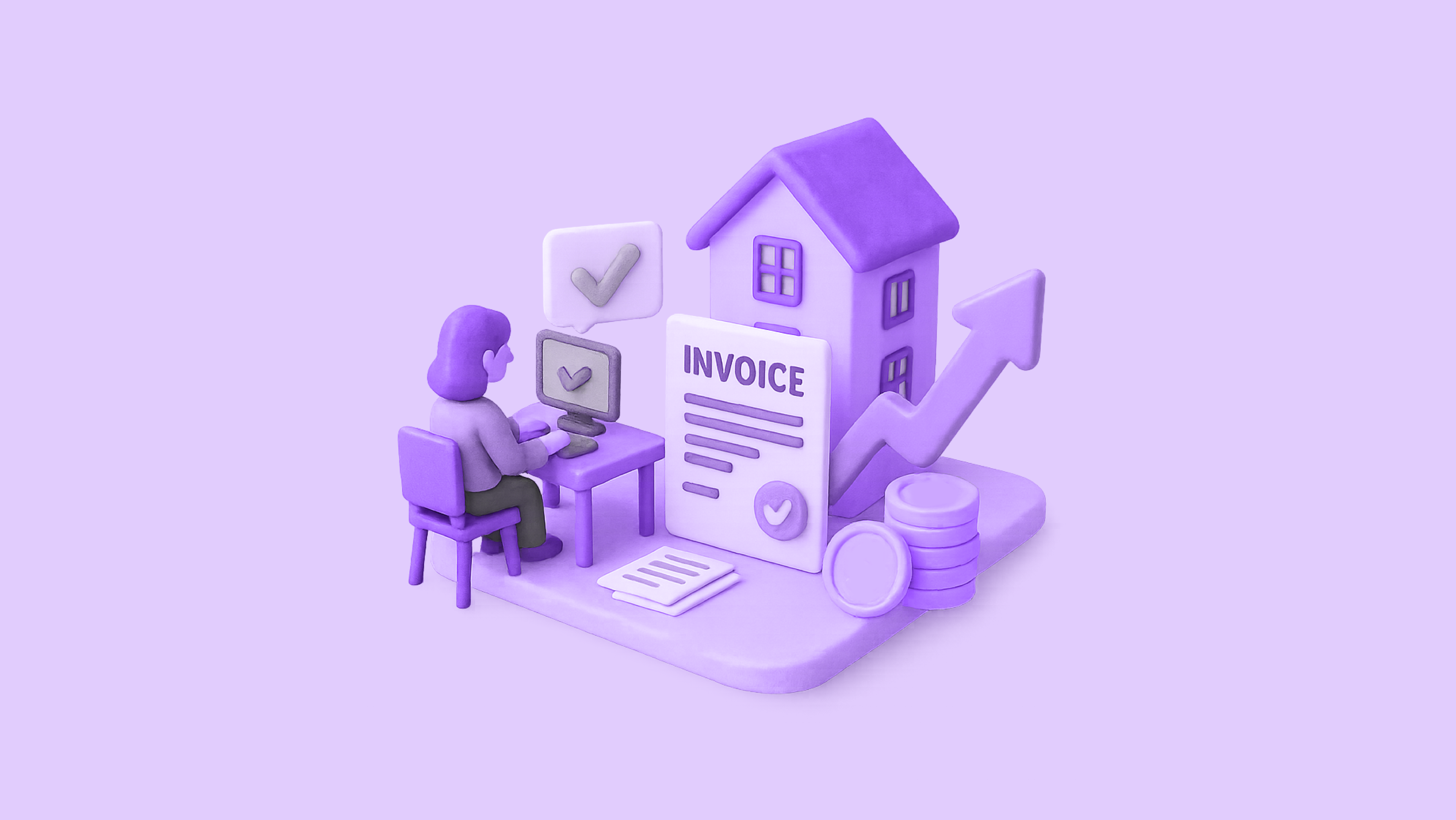As a business grows, so does the volume of invoices, vendor payments, and reconciliation tasks. What once fit neatly into a spreadsheet or a manual approval chain soon starts to strain the finance team’s time and accuracy. That’s often the point when companies begin asking, “Are we ready for accounts payable automation?”
The truth is, AP automation isn’t only for large enterprises anymore. Modern AP automation for small businesses is designed to scale, offering the same efficiency and control that big corporations enjoy, without the complexity or high cost.
Understanding AP Automation — and Why It Matters
Accounts Payable (AP) automation refers to the use of technology to manage the end-to-end process of receiving invoices, approving payments, and reconciling expenses, without the manual steps that invite delays and errors.
But the real value lies beyond digitization. A scalable AP solution integrates with your accounting or ERP systems, applies smart validations, captures invoice data automatically, and routes approvals in minutes. It doesn’t just reduce paperwork; it improves visibility across every rupee that leaves your business.
Signs You’ve Outgrown Manual AP Workflows
For most growing businesses, it’s not one big trigger but a set of small, recurring pain points that signal it’s time to invest in automation. Here are the most common signs you need accounts payable automation:
1. Invoice volumes are rising, and accuracy is falling
If your team spends more time correcting entry errors than managing payables, automation can handle data capture through OCR and sync it directly with your books.
2. Approval delays are affecting vendor relationships
When payments stall in email threads or WhatsApp chats, vendors lose trust. Automated routing ensures the right people review and approve invoices on time.
3. You’re missing early-payment discounts or facing penalties
Manual cycles often push payments beyond due dates. With automation, reminders and scheduled runs help maintain cash flow discipline.
4. Reconciling with bank statements is a weekly headache
If closing books feels like detective work, integrated AP technology for growing businesses can match transactions automatically and highlight only exceptions.
5. Audit readiness is a constant worry
Automated audit trails and real-time reports make compliance effortless. There is no more hunting for approvals or proof of payment.
When to Invest in AP Software
There’s no magic number for invoices per month or team size that defines readiness. Instead, focus on process maturity and growth pace. If your business is expanding geographically, onboarding more vendors, or processing more than a few hundred invoices a month, AP automation will likely pay for itself quickly.
Consider these milestones as indicators:
- You’ve integrated accounting or ERP tools like Tally, Zoho Books, or NetSuite.
- Your finance team spends 30–50% of their time on repetitive tasks.
- Payment errors or duplicates are creeping in.
- You’re preparing for audits, funding rounds, or new compliance frameworks.
At this point, automation is no longer a luxury – it’s the infrastructure that supports scale.
Why Small Businesses Benefit Most
Unlike traditional enterprise software, new-age AP automation for small businesses offers flexible pricing, plug-and-play integrations, and cloud-based access. You don’t need IT teams or heavy customizations. You can automate approvals, sync invoices, and manage vendors from one dashboard.
Automation gives small and mid-sized companies an edge:
- Speed: Invoices get processed in hours, not days.
- Accuracy: Smart OCR and rule-based matching remove manual errors.
- Control: Real-time dashboards track payables, cash outflows, and liabilities.
- Scalability: Add entities, GSTINs, or users as your business grows, without rehauling systems.
Building a Scalable AP Framework
A future-ready AP process is a framework that scales with your operations. Here’s what defines it:
- Connected Banking: Direct integrations with your current accounts eliminate the need for manual uploads.
- Smart Approvals: Automated workflows reflect your hierarchy and approval matrix.
- Reconciliation Intelligence: System-driven matching between invoices, GRNs, and payments reduces errors.
- Audit-Ready Records: Every approval, note, and payment trail is automatically logged.
- Customizable Controls: Set payment limits, role permissions, and escalation rules tailored to your organization’s policies.
These features future-proof your finance operations, making growth smoother instead of more complex.
The Bottom Line
So, is your business big enough for AP automation?
If you’re processing a steady flow of invoices, struggling with reconciliation, or planning for expansion, the answer is likely yes.
Automation isn’t about size anymore; it’s about intent. It’s for businesses that want to reclaim time, reduce costs, and build scalable processes that grow as they do.
With intelligent, integrated accounts payable automation solutions like those offered by OPEN, your finance team can shift focus from manual work to managing strategy, cash flow, and vendor performance – the things that truly move a business forward.





